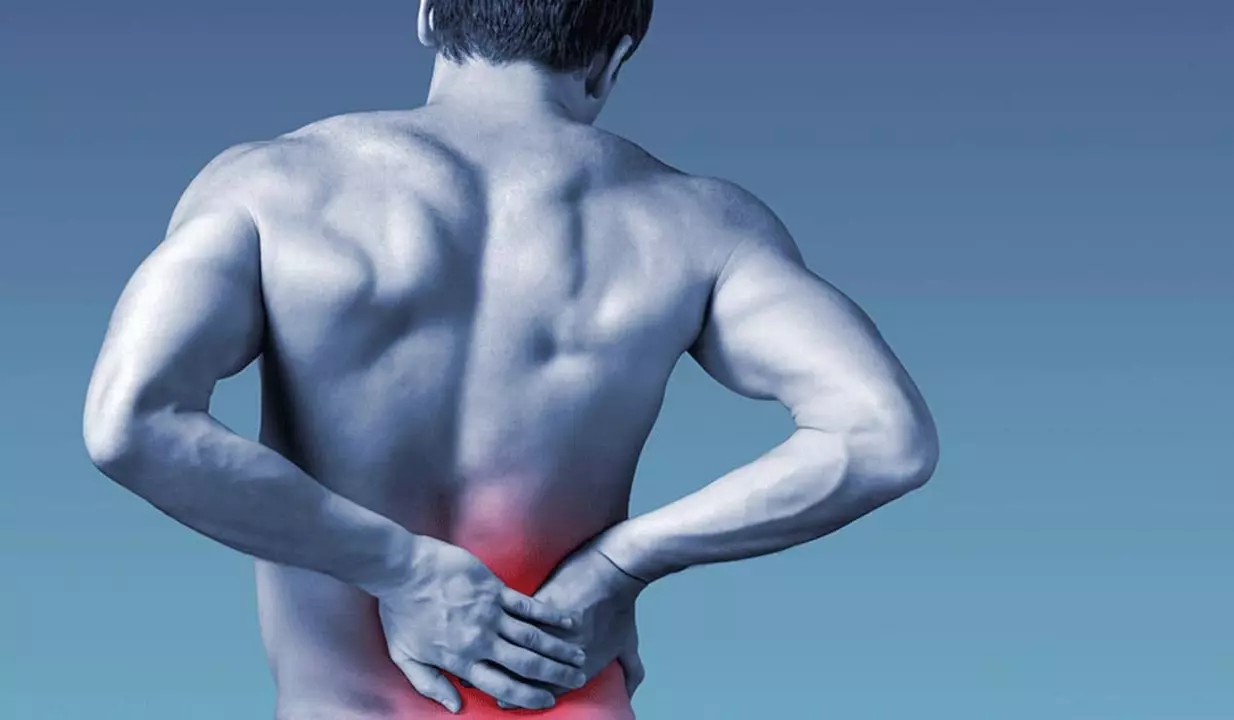Prevention: Practical Steps to Stay Healthy and Use Meds Safely
You can avoid a lot of problems with a few simple prevention habits. This page pulls together straightforward actions you can use today — from daily routines to how you buy and take medicines. No jargon, no fluff. Just useful stuff that helps you stay well and avoid common medication mistakes.
Simple daily prevention habits
Start with basics that actually work: hand washing, sleep, hydration, and regular movement. Hand washing reduces many infections. Aim for 7–9 hours of sleep most nights — poor sleep weakens immune defense. Drink water, move your body, and eat a mix of vegetables and protein. These habits lower your chance of getting sick and make medicines work better when you need them.
Vaccines and screenings matter. Stay up to date with vaccines recommended for your age and health status. Regular screenings — blood pressure, cholesterol, cancer screenings where appropriate — catch issues early when treatments are simpler and safer. Ask your primary care doctor what checks you need and how often.
Medication and pharmacy safety
Medications prevent harm when used correctly, but mistakes are common. Keep a single, updated list of everything you take — prescriptions, OTC drugs, supplements. Share that list with every provider. That helps prevent dangerous interactions and duplicate treatments.
When buying meds online, pick reputable pharmacies. Look for real contact info, pharmacist access, and clear policies on prescriptions and returns. Avoid sites that sell prescription drugs without a valid prescription. If a price looks too good to be true, it probably is. Our site has guides on safe online pharmacy choices and how to spot scams.
Follow dosing exactly. Missing doses or doubling up can reduce benefit or cause harm. If a side effect bothers you, call your clinician — don’t just stop suddenly for certain drugs like benzodiazepines or antidepressants. Some meds need tapering to avoid withdrawal risks.
Know the common side effects and red flags for your medicines. Keep packaging or a note with instructions and emergency contacts. For OTC pain relievers and supplements, read labels for maximum dosages and interactions with prescription meds. Natural doesn’t always mean safe.
If you care for someone else, keep meds stored and labeled clearly. Use pill organizers or apps to track doses. Protect children by using childproof containers and locking up potentially harmful items.
Small changes add up. A daily check-in on sleep, a weekly review of your medicine list, and choosing a trusted pharmacy are prevention moves that reduce visits, side effects, and stress. Want targeted tips for a condition or a specific drug? Browse our tag posts for guides on safe buying, alternatives, and practical drug information.
Got a question about prevention or a medication concern? Reach out to your healthcare provider. Prevention works best when it’s personal, simple, and steady.

